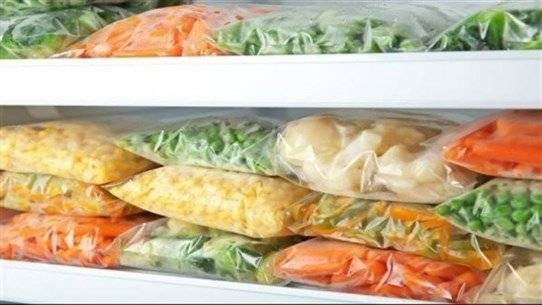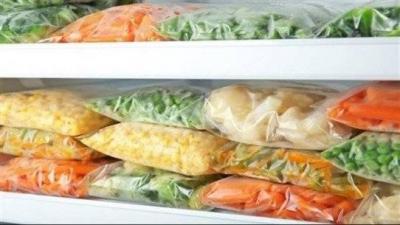Russian nutrition specialist Dr. Mariyat Mukhina announced that some foods are not suitable for freezing because the freezing process destroys the vitamins they contain. She points out that many people freeze various seasonal fruits and vegetables for winter. However, not all food can be preserved at negative temperatures, as the composition of some changes. For example, leafy vegetables lose their vitamins and antioxidants after freezing. She states, "It is not recommended to freeze leafy vegetables and herbs, as it causes the destruction of chlorophyll and loss of vitamins and antioxidants, leaving only dietary fiber."
She adds that the freezing process negatively affects the nutritional value of water-rich vegetables. She says, "It is not advisable to freeze water-containing vegetables like cucumbers, tomatoes, and zucchini, as they become mushy after thawing and lose their firmness and elasticity." The specialist also notes that protein-rich foods can change their properties after freezing. She states, "During the freezing process, protein bonds break, leading to protein denaturation." Additionally, it is not advisable to freeze fermented dairy products, as they practically lose most of their beneficial properties after freezing.
According to her, cold reduces the activity of polyunsaturated fatty acids in almonds, peanuts, and hazelnuts, meaning these nuts lose their quality after freezing. She also advises against freezing cheeses and bananas.




